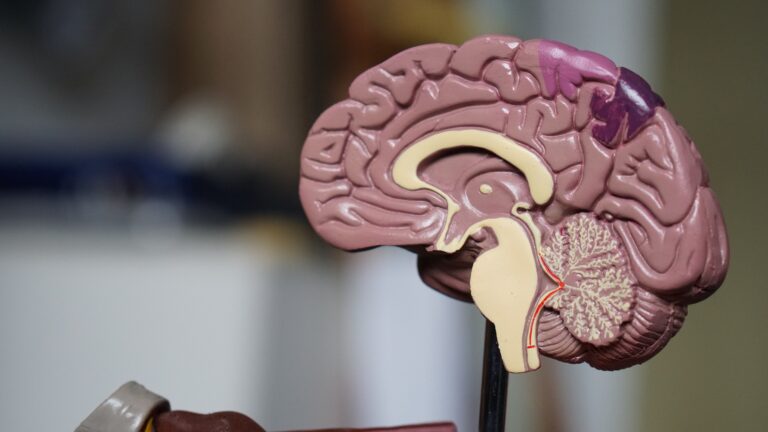
Dementia
Dementia is a syndrome characterised by deterioration in cognition, resulting in impairment in the activities of daily living. Cognitive decline occurs in one or more cognitive domains. [Source]
Dementia is caused by many different diseases or injuries that directly and indirectly damage the brain. Alzheimer disease is the most common form and may contribute to 60–70% of cases. Other forms include vascular dementia, dementia with Lewy bodies (abnormal deposits of protein inside nerve cells), and a group of diseases that contribute to frontotemporal dementia (degeneration of the frontal lobe of the brain). Dementia may also develop after a stroke or in the context of certain infections such as HIV, as a result of harmful use of alcohol, repetitive physical injuries to the brain (known as chronic traumatic encephalopathy) or nutritional deficiencies. The boundaries between different forms of dementia are indistinct and mixed forms often co-exist. [Source]
In this topic guide you are able to access key texts available in print or electronically within UHD/DHUFT, useful websites, and links to relevant journals. Please note that you may need to logon using your OpenAthens password to access many of these resources.
If there are books that you would like to recommend, please let us know. Or contact us to make any suggestions to improve this topic guide.
Articles In Our June 2024 Bulletin
World Alzheimer’s Day: 21st September
World Alzheimer’s Day is a global opportunity to raise awareness around, educate, encourage support of and demystify dementia.
